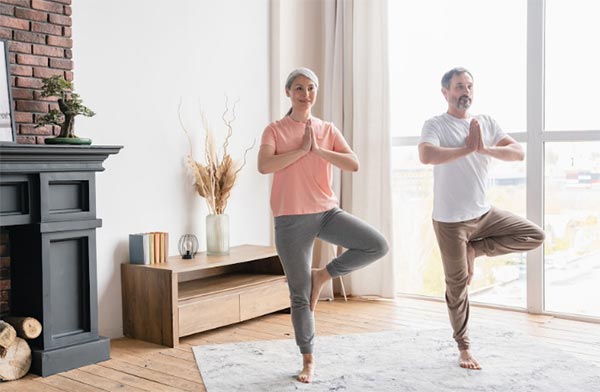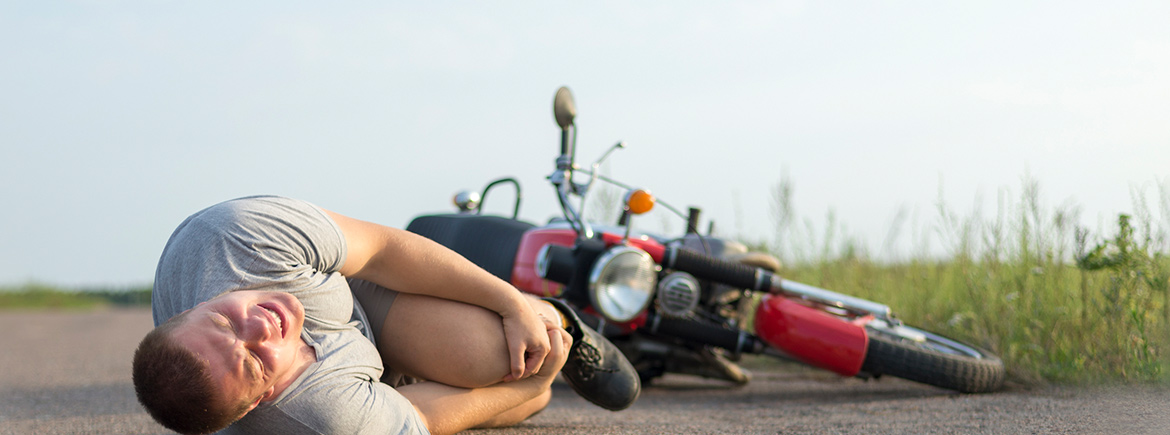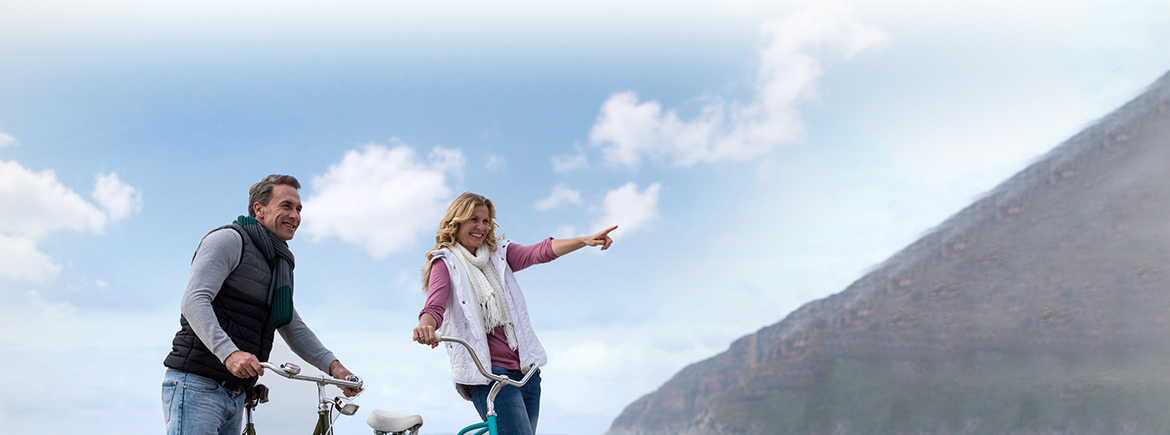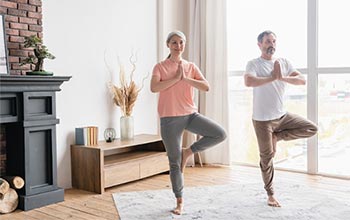
Falls are a leading cause of injury across all age groups, but they are particularly concerning for older adults. Preventing falls is crucial for maintaining independence and quality of life. These simple tips and exercises can significantly reduce the risk of falls and help you stay steady on your feet.
Create a Safe Home Environment
Your home should be a safe haven, not a hazard zone. Start by removing tripping hazards such as loose rugs, clutter, and electrical cords. Ensure that all areas are well-lit, especially stairways and hallways. Install grab bars in the bathroom and handrails on both sides of staircases. Non-slip mats in the shower and bathtub can also prevent slips.
Wear Proper Footwear
Footwear plays a significant role in preventing falls. Choose shoes that fit well and have non-slip soles. Avoid high heels, floppy slippers, and shoes with slick soles. For older adults, wearing shoes indoors instead of walking barefoot or in socks can provide better grip and stability.
Stay Active with Balance and Strength Exercises
Regular physical activity strengthens muscles and improves balance, both of which are essential for fall prevention. Incorporating exercises like squats, standing on one leg, heel-to-toe walking, and leg lifts can also enhance balance and coordination. According to research, exercise programs that include balance and functional exercises for at least 3 hours per week can reduce the rate of falls by 42%.1
Regular Vision and Hearing Checks
Good vision and hearing are vital for maintaining balance. Schedule regular eye exams and update your prescription glasses as needed. Hearing checks are equally important, as hearing loss can affect your balance. Use hearing aids if recommended by your healthcare provider.
Medication Management
Some medications can cause dizziness or drowsiness, increasing the risk of falls. Review your medications with your doctor or pharmacist to understand their side effects. If you are experiencing any of these effects, they may adjust dosages or suggest alternatives that have fewer side effects.
For an orthopedic condition that restricts mobility and might increase your fall risk, such as arthritis or bone deformity, it’s important to work closely with an orthopedic specialist to manage symptoms and strengthen your body.
Taking these proactive steps can create a safer environment and maintain your or your loved one's independence. Stay active, stay safe, and keep moving forward, and book an appointment with Dr. DiPaolo for a treatment plan tailored to you.
AUTHOR: Dr. Daneca DiPaolo is a highly skilled, board-certified orthopedic surgeon located in Grenada, Mississippi. She offers the latest orthopedic techniques and provides quality, compassionate, state-of-the-art orthopedic care.
Reference:
1. https://ijbnpa.biomedcentral.com/articles/10.1186/s12966-020-01041-3









